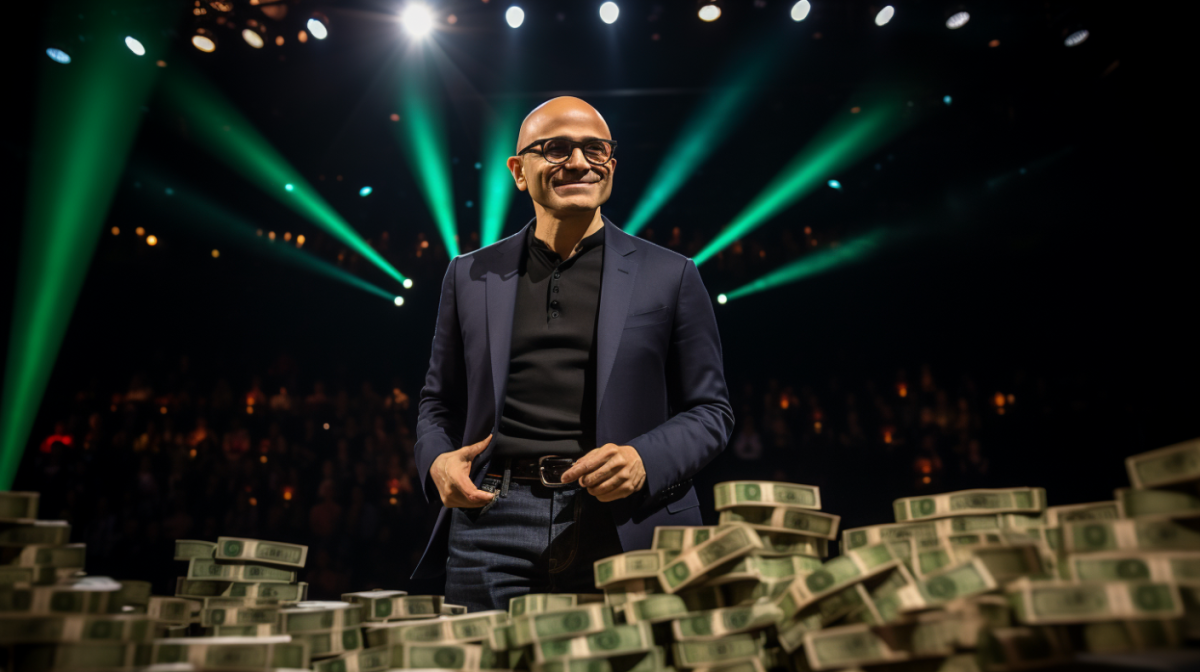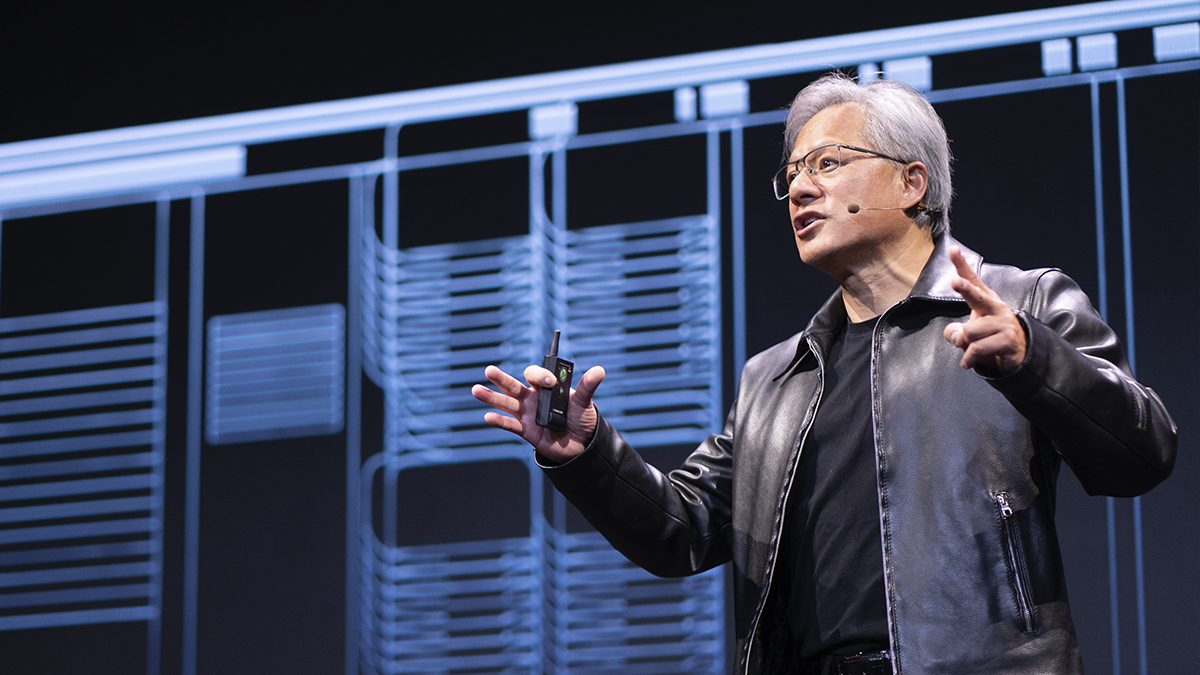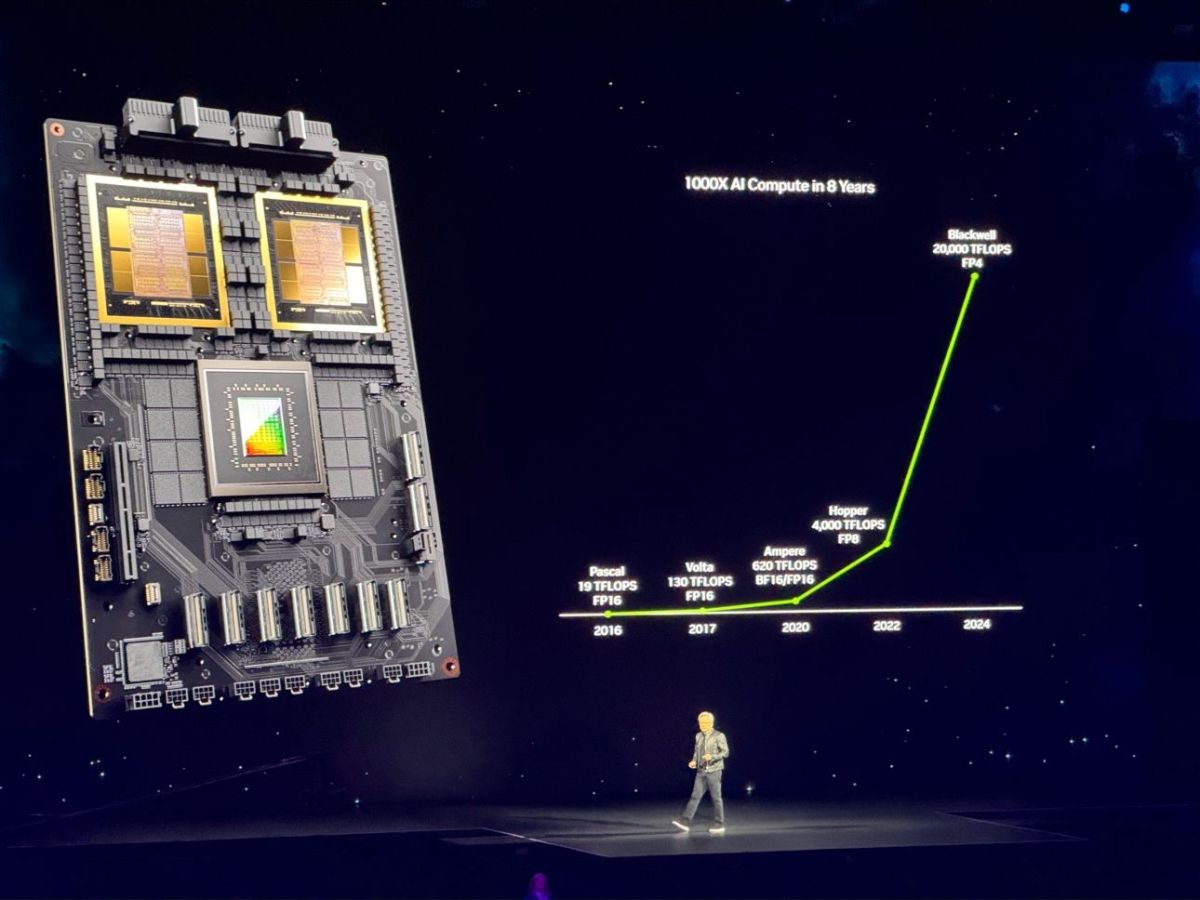Microsoft’s Strategic Move and the Impact on OpenAI Staffers
Over the weekend, OpenAI faced a crisis due to the recruitment of Emmett Shear as the interim CEO. Following this, Microsoft made a significant move by bringing outgoing CEO Sam Altman and his team on board to lead an in-house advanced AI research group. As Satya Nadella, the CEO of Microsoft, confirmed, this decision came after the tech giant’s failed attempt to reinstate Altman as the CEO of OpenAI.
Nadella highlighted Microsoft’s commitment to its partnership with OpenAI and its $13 billion investment in the company. Alongside this, he expressed readiness to work with Shear and the new leadership team at OpenAI, recognizing the value of the partnership.
While there are uncertainties related to OpenAI, Altman, and Brockman confirmed their next steps, as did several OpenAI staffers who mentioned “OpenAI is nothing without its people.” It remains to be seen if all of these individuals have quit and moved to Altman’s new venture, but reports indicate that a significant number of staffers announced their resignation internally.
In concrete steps, Nadella confirmed that Altman will lead the new AI entity at Microsoft as CEO. Other confirmed members include OpenAI’s Jakub Pachocki, Szymon Sidor, and Aleksander Madry.
Despite the impact of the leadership changes, OpenAI’s broader course is expected to remain the same with the backing of Microsoft. However, the mass resignations at OpenAI are likely to result in a fresh pool of talent for competitors to consider. This includes Elon Musk’s AI venture, xAI, which has already hinted at hiring for various roles.
Ultimately, Microsoft’s move to bring Altman and his team on board is anticipated to have a significant impact on its access to AI technology and resources. While the leadership dynamics and business strategies evolve, it will be important to closely follow the stability and performance of OpenAI, as well as the confidence of its customers.








